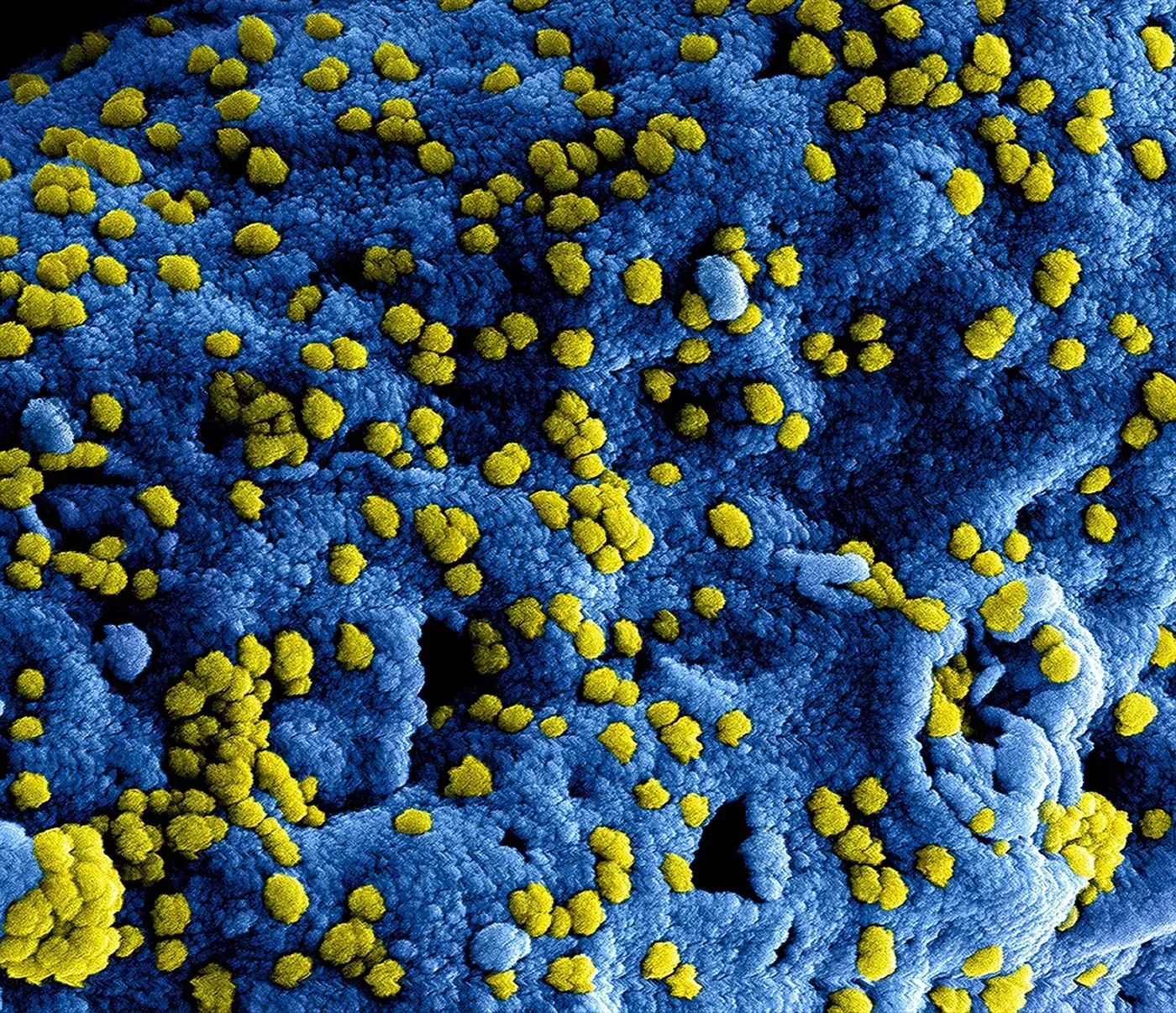We've heard it since we were kids: germs are nasty. Even more so in the recent COVID-19 pandemic, the same rhetoric is being echoed: germs are harmful; wash and sanitize any bit of life off your hands. However, as most know, humans have co-evolved with bacteria from the beginning. Not all bacteria are bad, but some can become more problematic when given the right opportunity. In our case, that bug is Helicobacter Pylori (H.Pylori).
Inside Scoop
Around half of the population may have it. It is a gram-negative, helical-shaped bacteria usually found in the human stomach. It is a risk factor for acute and chronic gastritis (inflammation of the stomach) and peptic ulcer disease (1). But does 50% of the population get peptic ulcer disease or gastritis? No! Do you know what that means?
H.Pylori may be normal for some of us to have.
It becomes problematic when it takes over more of your gut microbiome "garden" than normal. Or when it starts producing more "flower-destroying" compounds.
Interestingly, the man who discovered that H. Pylori was the causative agent in gastritis purposefully infected himself with the bacterium to prove this link. He literally drank it, all in the name of science…I don't think he struggles with commitment issues.
H.Pylori and Thyroid Function
As we previously discussed, even though many of us have H. Pylori, not all of us will have an immune response to it. But, those with an immune response to it may be at a higher risk for Hashimoto's or Graves Disease.
Hashimoto's Thyroiditis is an autoimmune disorder where your immune system wrongly attacks different tissues in the thyroid gland. Hashimoto's is also the most common cause of hypothyroidism. TPO (Thyroid Peroxidase) or TG (Thyroglobulin) antibodies indicate Hashimoto's. Graves Disease is also autoimmunity to the thyroid, but instead, it causes hyperthyroidism.
An immune response (antibodies) to a specific strain of H. Pylori, CagA, was associated with a higher incidence of autoimmune thyroid (2). CagA (Cytotoxin-associated Gene A) is a protein the bacteria releases into infected cells. This is the flower-destroying compound. Antibodies to CagA strains were associated with a greater than 300% chance of Graves Disease(3). But, there was no significant increased risk for Hashimoto's. This is a good sign because Hashimoto's is far more common than Graves!
Your doctor may run a thyroid blood panel to assess your thyroid function. They may also conduct a physical exam to check for abnormal nodules on the thyroid gland; they may inspect the outer ⅓ of your eyelids and fingernails or listen to your heart or bowel sounds. All of which can give us insight into the function of the "metabolic regulator."








